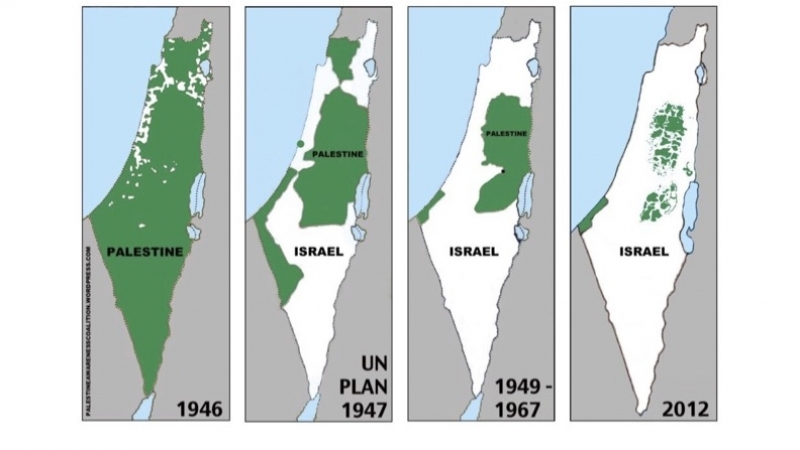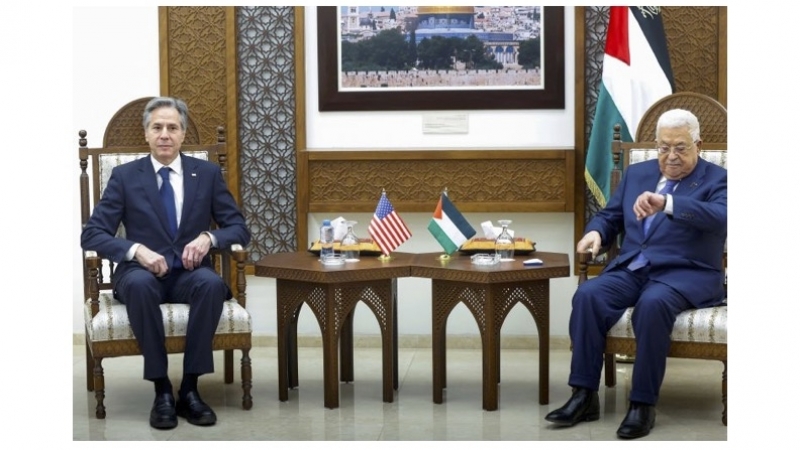



Amid the US-Israel generated hype about normalization of relations with Saudi Arabia, the plan does not seem to be heading for fruition any time soon. Whether the Saudis will be able hold out on their demands, however, is a caveat. Only time will tell whether it succeeds.
The besieged enclave of Gaza has been plunged into darkness as a result of Israel’s cutting off electricity to the two million people bottled up there.
The release of more than 1,600 secret documents by al-Jazeera TV on January 23 pertaining to complete surrender by the Palestinian Authority (PA) negotiators has confirmed what people have known all along.
In recent years, the long story of the Palestinian struggle has been punctuated by meetings, conferences and summits of various kinds between Israeli and Palestinian officials, usually mediated by international leaders or institutions. Yet there was a time, only a few years ago, when it was assumed that everything could be sorted out if only the two sides could be persuaded to sit together and talk. Then, the great object of all the politicking was to persuade the leaders of the two sides to come together and, it was assumed, listen to what each other had to say.
In October, Crescent International (South Africa) issued a booklet called The Struggle for Al-Quds to mark Yaum al-Quds 1426AH. Here we publish an adaptation of the second part of this booklet, focusing on the evolution of the Palestinian liberation movement. The first part, focusing on the problem of Israel and the threat to al-Quds, was published in the last issue of Crescent International.
In a region that is crying out for political change, two key countries are beginning 2005 with elections. Palestinians elected a new president on January 9, while Iraqis are due to elect a National Assembly on January 30 (after Crescent goes to press).
The state of insecurity and political conflict that occurred in the Ghazzah Strip last July is regarded by most observers as a dangerous development in the Palestinian situation, and as a threat to the international and regional status of the Palestinian cause...
Yasser Arafat survived the latest, and perhaps greatest, challenge to his authority in Ghazzah last month, when Palestinian prime minister Ahmed Qurei withdrew his resignation on July 27...
Israeli authorities announced on July 27 that they will release 500 Palestinian prisoners, including 100 associated with the Hamas and Islamic Jihad Islamic movements, as a goodwill gesture towards the Palestinian Authority (PA), to facilitate the progress of the ‘road map’ peace plan.
The ink on the agreement signed by Israeli defence minister Benny Ben-Eliezer with the Palestinian Authority (PA) was not even dry when the agreement was sabotaged. Ben-Eliezer said that it would be put on hold for several weeks because there was still a “potential” for Palestinian violence in the West Bank. ..
In his speech on June 24, which purported to chart a policy for the Middle East, US president George W Bush left no doubt that he wanted to see Yasser Arafat removed from the presidency of the Palestinian Authority (PA).
Unprecedented political euphoria engulfed the Middle East and western political circles during the days before the Israeli general elections, and as Ehud Barak’s strong victory over Benjamin Netanyahu unfolded. Despite the war in the Balkans, major international news networks, including CNN, BBC World Service...



